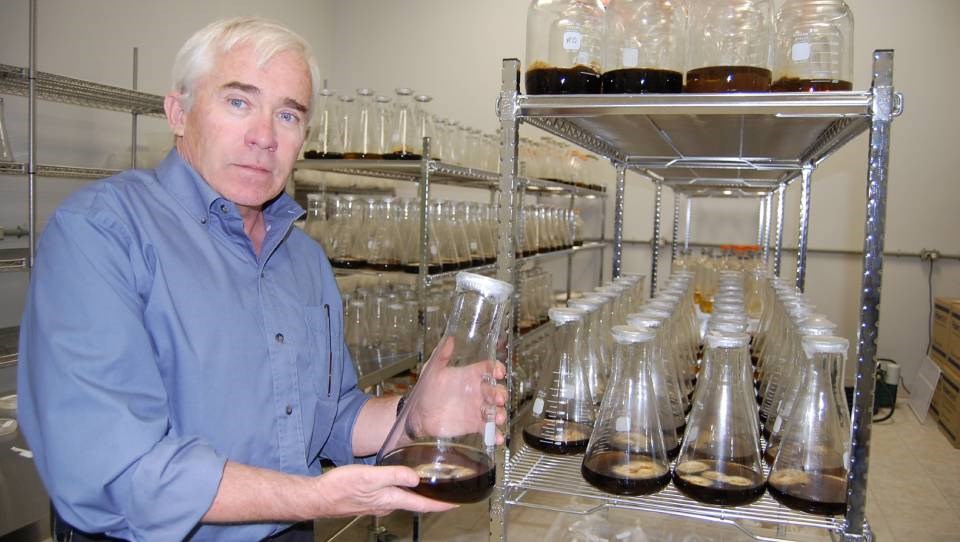A Timmins business is getting $3.7 million from the federal government to push ahead on its carbon offset technology.
On Dec. 1, Sustainable Development Technology Canada (SDTC) announced the money would go to Mikro-Tek as “part of a continuing collaboration that will help the company commercialize its improved forest management technology, which is designed to capture carbon from the atmosphere.”
Mikro-Tek has developed a natural biotechnology process that enhances plant survival, significantly increasing health and growth while reducing the use of herbicides.
The technology is specifically aimed at industrial companies that are seeking to reduce their carbon footprint.
“This funding is supporting Mikro-Tek’s project to increase carbon sequestration on reforestation sites in the boreal forest and to assess our technology as an alternative to herbicide applications,” Mikro-Tek’s president, Mark Kean, said in a Dec. 1 news release.
“Our mission is to work with First Nations partners (Wahkohtowin Development) and forestry partners to develop and commercialize new, improved forestry management technologies and processes, which will help industry and government adapt to a low-carbon future.”
The company claims its technology also helps reduce soil erosion, enhance biodiversity, and improve social and economic conditions in a region.
SDTC is an independent federal foundation that funds companies with the potential to become world leaders in environmental technologies and help solve some of the planet’s most pressing environmental challenges, such as climate change and polluted air, water and soil.
Since 2001, it’s invested more than $1.38 billion in 460 companies that have generated $2.8 billion in annual revenues, created 16,930 jobs, brought 177 new technologies to market and reduced greenhouse gas emissions by 22.4 megatonnes of CO2 annually, which is equivalent to taking almost 7 million cars off the road every year.




